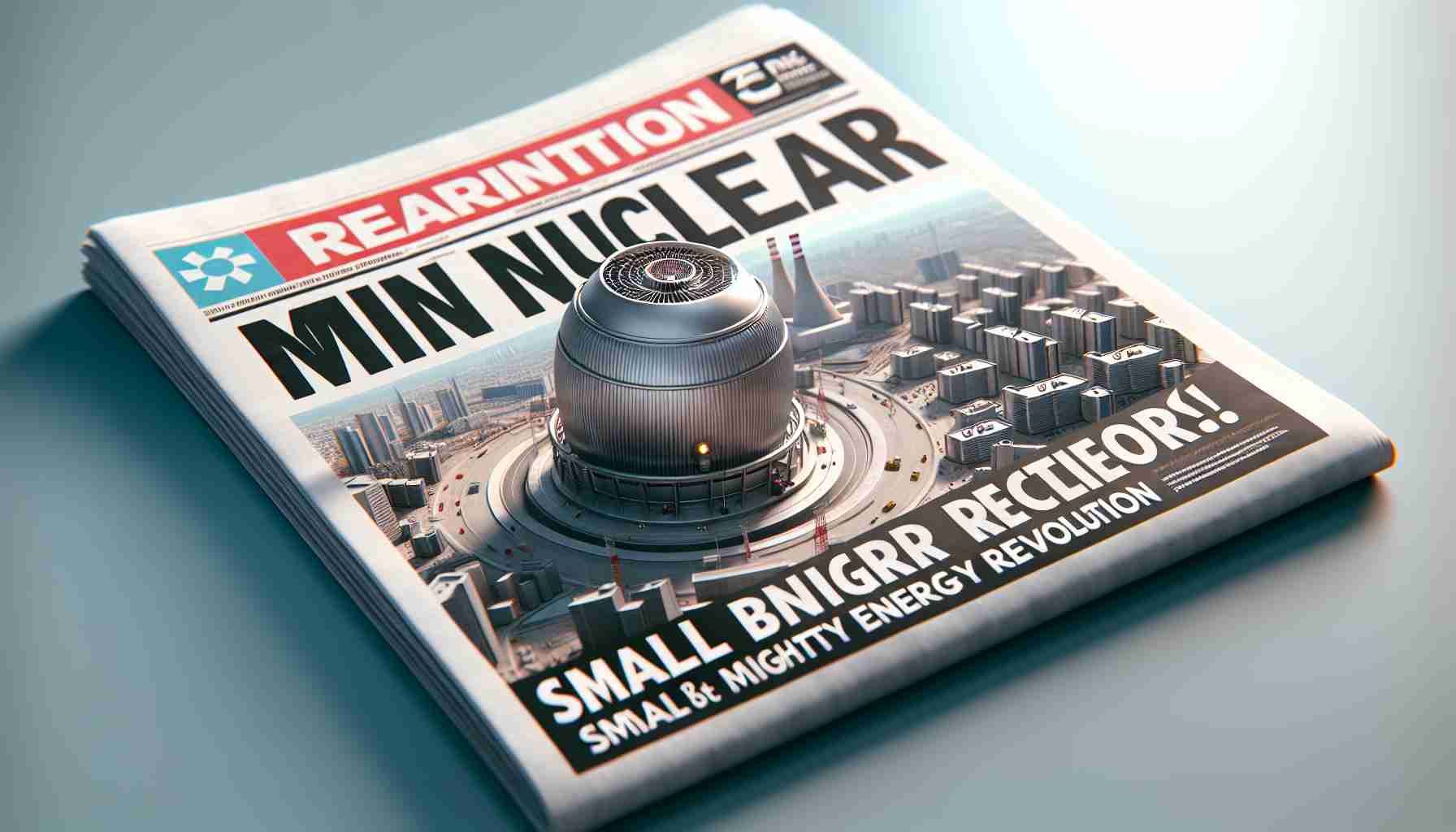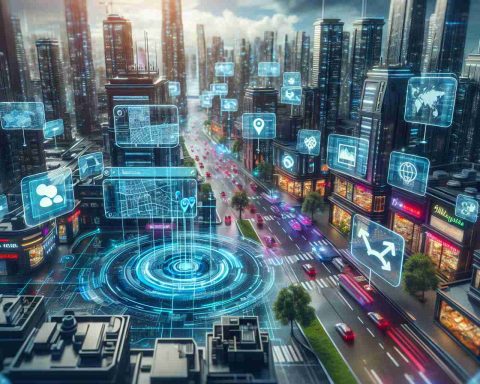In a surprising turn of events, tech giant Google is reportedly exploring the potential of developing small modular reactors (SMRs), often referred to as mini nuclear reactors. This unexpected move positions Google at the forefront of the energy sector’s newest technological revolution.
Energy Innovation
Traditionally known for its dominance in the internet and digital industries, Google’s foray into nuclear technology represents a bold step into uncharted territory. This initiative aligns with global efforts to find sustainable and low-carbon energy solutions. SMRs, distinguished by their compact size and enhanced safety features, offer a revolutionary alternative to traditional nuclear power plants. These reactors promise to deliver efficient energy solutions with reduced costs and shorter construction times.
The Potential of SMRs
With a focus on scalability and environmental efficiency, SMRs have the potential to transform energy grids worldwide. Google’s interest in these reactors suggests a keen interest in diversified energy investments and demonstrates a commitment to combating climate change through innovation. The potential integration of AI and advanced computing technologies further augments the operational capacity of these reactors.
Challenges and Future Prospects
The success of this initiative hinges on overcoming regulatory hurdles, public perception, and technological challenges. However, Google’s experience in pushing industrial boundaries could propel SMRs into mainstream energy discussions. As we usher in the new decade, Google’s innovative approach may well redefine our understanding of clean and sustainable energy, paving the way for a future where technology meets ecological responsibility.
Google’s Leap into the Nuclear Future: A Glimpse Beyond the Border
As Google steps into the realm of small modular reactors (SMRs), it does more than just broaden its business horizons; it ignites a conversation on the future of sustainable energy. While details of Google’s nuclear venture are emerging, several key aspects and prospects make this leap noteworthy in the tech and energy sectors.
Key Features and Prospects of Small Modular Reactors
The introduction of SMRs marks a significant shift in nuclear energy production. Unlike traditional nuclear reactors, SMRs are compact and modular, allowing for flexibility in deployment and integration into existing energy systems. They offer unprecedented advantages:
– Scalability: SMRs can be deployed incrementally, matching gradual increases in energy demand, thus avoiding the upfront capital costs of full-scale nuclear power plants.
– Safety Enhancements: Advanced design features reduce the risk of human error and mechanical failures, promising safer operations.
– Reduced Environmental Impact: Their smaller size and innovative cooling systems help in minimizing carbon footprints, aligning with global sustainability goals.
Innovations and Technological Integration
Google’s potential to infuse artificial intelligence, machine learning, and quantum computing could revolutionize SMR operations. Such integration promises smarter energy management, predictive maintenance, and enhanced security protocols.
– AI-Driven Operations: Artificial intelligence could optimize reactor efficiency and uptime, leading to more reliable energy outputs.
– Cybersecurity Measures: As nuclear plants are critical infrastructure, incorporating advanced cybersecurity measures is paramount to protect against potential threats.
Market Trends and Insights
The renewed interest in SMRs is indicative of broader market trends towards sustainable and diversified energy portfolios. Analysts predict a robust rise in the development and application of SMRs, with potential markets spanning from industrial sectors to remote communities previously reliant on fossil fuels.
– Cost-Efficiency: As more companies like Google explore SMRs, economies of scale may drive down costs, making clean, nuclear energy more accessible.
Challenges and Limitations
Despite their potential, SMRs face notable challenges:
– Regulatory Hurdles: Navigating the complex web of nuclear regulation and ensuring public safety and confidence remain critical.
– Public Perception: Overcoming the negative stigma associated with nuclear energy is essential for widespread acceptance.
Looking Ahead: Predictions and Implications
As Google ventures into nuclear energy, the implications could redefine technological responsibility towards ecological balance. If successful, this initiative could not only bolster Google’s energy credentials but also set a precedent for other tech giants. Collaborative frameworks may emerge, combining digital innovation with environmental stewardship, heralding a new era of energy solutions.
For further details on emerging technologies and Google’s innovative strides, visit Google.

















